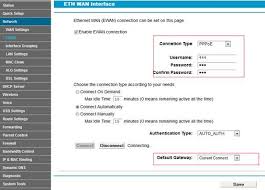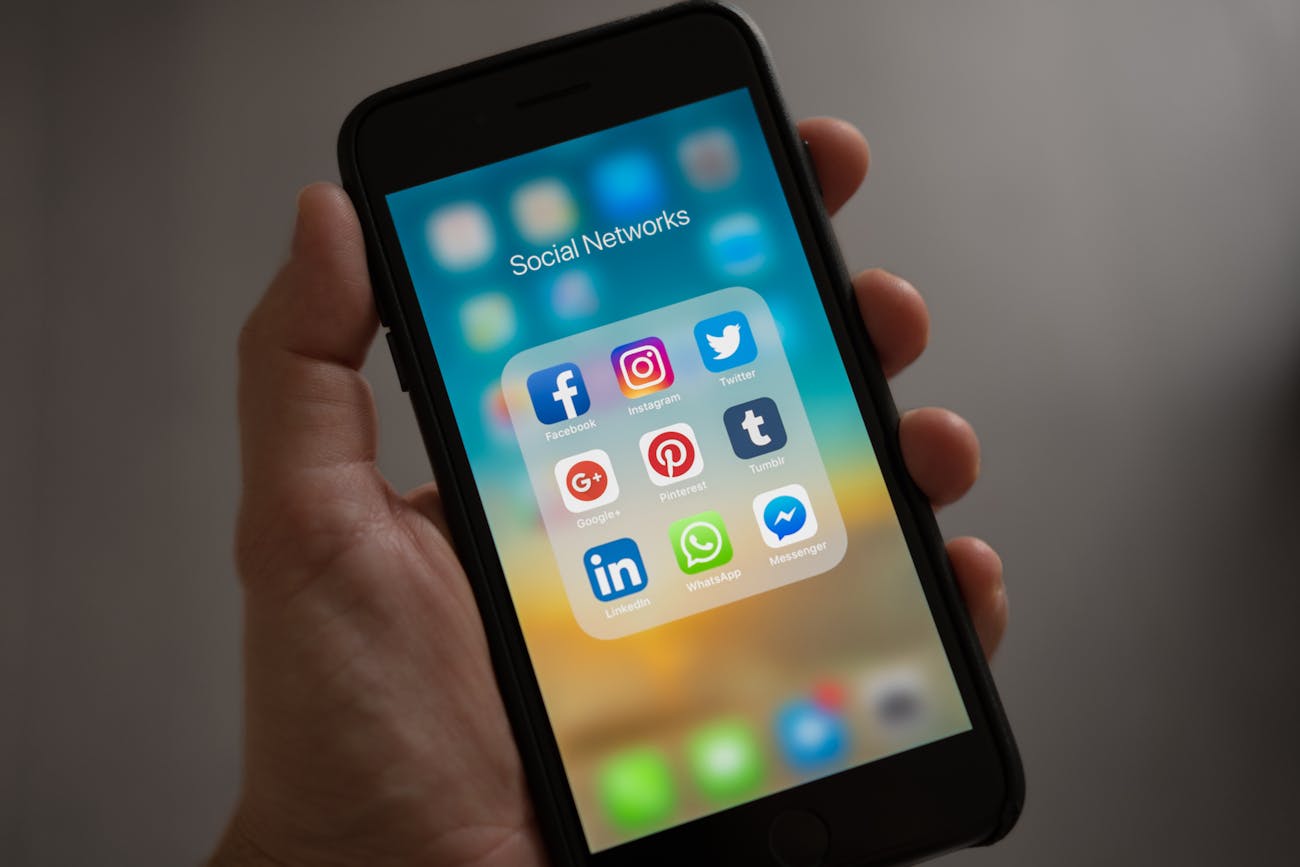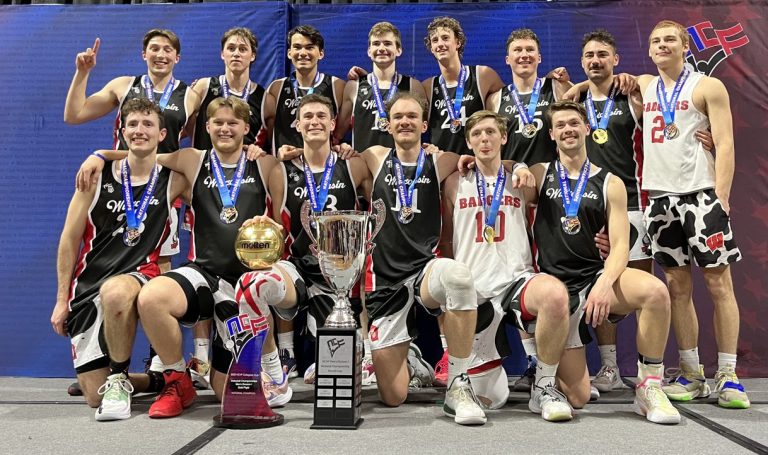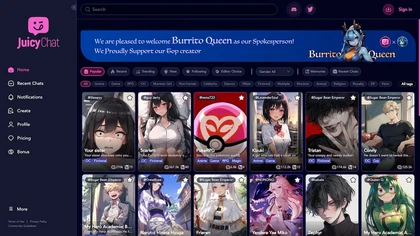What Does WTV Mean? A Complete Guide to the Popular Slang
If you’ve ever scrolled through social media or received a text from a friend with the letters WTV, you might have paused and asked yourself: what does WTV mean?
WTV is a short form of the word “whatever.” It’s one of the most popular internet slang expressions used in texting, chatting, and online communities. But depending on the tone, context, and platform, WTV can carry different meanings.
This article breaks down what WTV means, how it’s used, and why it’s so common today.
The Basic Meaning of WTV
WTV = Whatever
At its core, WTV simply stands for “whatever.” It’s a way of expressing indifference, flexibility, or dismissal.
Example:
- Friend: “Do you want pizza or burgers?”
- You: “WTV, I’m fine with anything.”
When It Feels Dismissive
Sometimes, WTV can feel cold or uninterested—like you don’t care about the situation.
Example:
- Friend: “I’m sorry if I upset you.”
- You: “WTV.”
Different Ways People Use WTV
1. To Show Flexibility
If you’re easygoing and don’t mind either choice:
- “We can go to the park or the mall, WTV works for me.”
2. To End a Conversation
When you don’t feel like continuing the discussion:
- “You don’t believe me? WTV, I’m done explaining.”
3. To Express Annoyance
If you’re upset but don’t want to argue:
- “You’re always late, but WTV.”
4. As Casual Filler
Some people use WTV just to keep the chat light.
- “I’m just chilling, WTV.”
How WTV is Used on Different Platforms
On Social Media
On TikTok, Twitter, or Instagram, WTV often shows up in captions and comments as a casual shrug.
Example: “Didn’t get the job, WTV, life goes on.”
In Text Messages
In texting, it depends on tone. It can mean relaxed acceptance—or frustration.
In Online Gaming
Gamers use WTV when they lose or when teammates argue.
- “We lost the match, WTV, let’s play again.”
Similar Slang Words to WTV
IDC
Means “I don’t care.” Similar in vibe but usually harsher.
IDK
Means “I don’t know.” Neutral, not dismissive.
LOL / OMG
Often used with WTV to keep things casual.
How to Tell the Tone Behind WTV
Look at the Context
- If it’s about food or plans: relaxed tone.
- If it’s during an argument: dismissive.
Notice Punctuation
- “WTV!” → could mean playful.
- “WTV.” → likely annoyed.
Who Sent It?
Close friends might mean it casually, while strangers might sound rude.
Why Do People Use WTV So Much?
Convenience
It’s short, easy to type, and fits modern fast texting.
Popular Culture
Social media influencers and memes often use WTV in captions.
Expressing Mood
It helps express feelings without long explanations.
Examples of WTV in Conversations
Friendly Use:
- A: “Movie or bowling tonight?”
- B: “WTV, I’m down for either.”
Dismissive Use:
- A: “You didn’t listen to me again.”
- B: “WTV, I don’t care anymore.”
Funny Use:
- A: “I accidentally wore mismatched socks.”
- B: “LOL, WTV, you still look cool.”
When Should You Avoid Using WTV?
In Professional Settings

Don’t use WTV in emails or workplace chats—it looks careless.
In Serious Conversations
If someone is opening up about feelings, avoid WTV—it may come across as dismissive.
When You Want to Show Respect
Sometimes, writing a full response is better than a quick slang reply.
How WTV Evolved in Internet Culture
Early Days of Texting
Shortcuts like WTV became popular when people wanted to type faster on old phones.
Social Media Growth
Platforms like Twitter (with character limits) encouraged short forms.
Meme Culture
WTV often appears in memes, gifs, and captions to emphasize sarcasm or indifference.
Tips for Using WTV Correctly
- Use it casually with friends who understand your tone.
- Add emojis 😊😒😂 to make your meaning clear.
- Avoid using it too often—it may seem lazy.
- Be mindful in emotional conversations.
WTV vs. Whatever: Which is Better?
WTV
- Faster to type.
- Feels casual and modern.
- Can seem cold in some cases.
Whatever
- More polite.
- Works in both casual and serious contexts.
- Takes longer to type but avoids confusion.
The Future of WTV in Online Slang
Like many slang words, WTV may eventually fade or be replaced by new trends. But right now, it’s widely understood and commonly used, especially among Gen Z and younger millennials.
Expect WTV to stay popular on TikTok, Twitter, and texting for at least the near future.
Conclusion
So, what does WTV mean? It simply means “whatever”—but its meaning changes depending on the tone, context, and platform. It can be casual, flexible, annoyed, or dismissive.
The key is understanding how it’s used and when it’s appropriate. If used right, WTV is a quick and modern way to keep conversations fun and relaxed.






